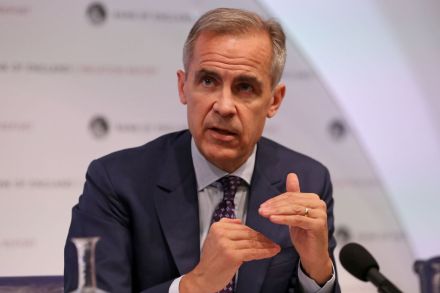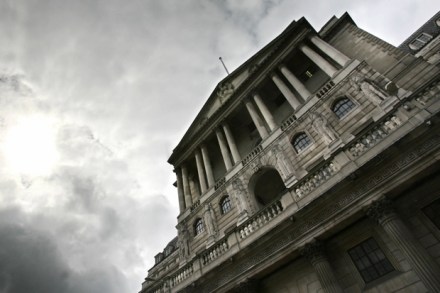Labour’s universal basic income would leave the poorest worst off
Google the words ‘Universal Basic Income’ and you will be find high praise and excitement from a wide-ranging collection of people. Richard Branson, Mark Zuckerberg and now John McDonnell have all announced they believe that ‘free money for all’ is a good policy. UBI has fans on both the left and the right. Dutch author Rutger Bregman published his bestseller Utopia for Realists earlier this year that championed a basic income for all; while American Conservative author Charles Murray has also supported the roll-out of a similar programme. Understood simply as a single cash transfer to each individual, regardless of how rich or poor they are, it would guarantee a




















